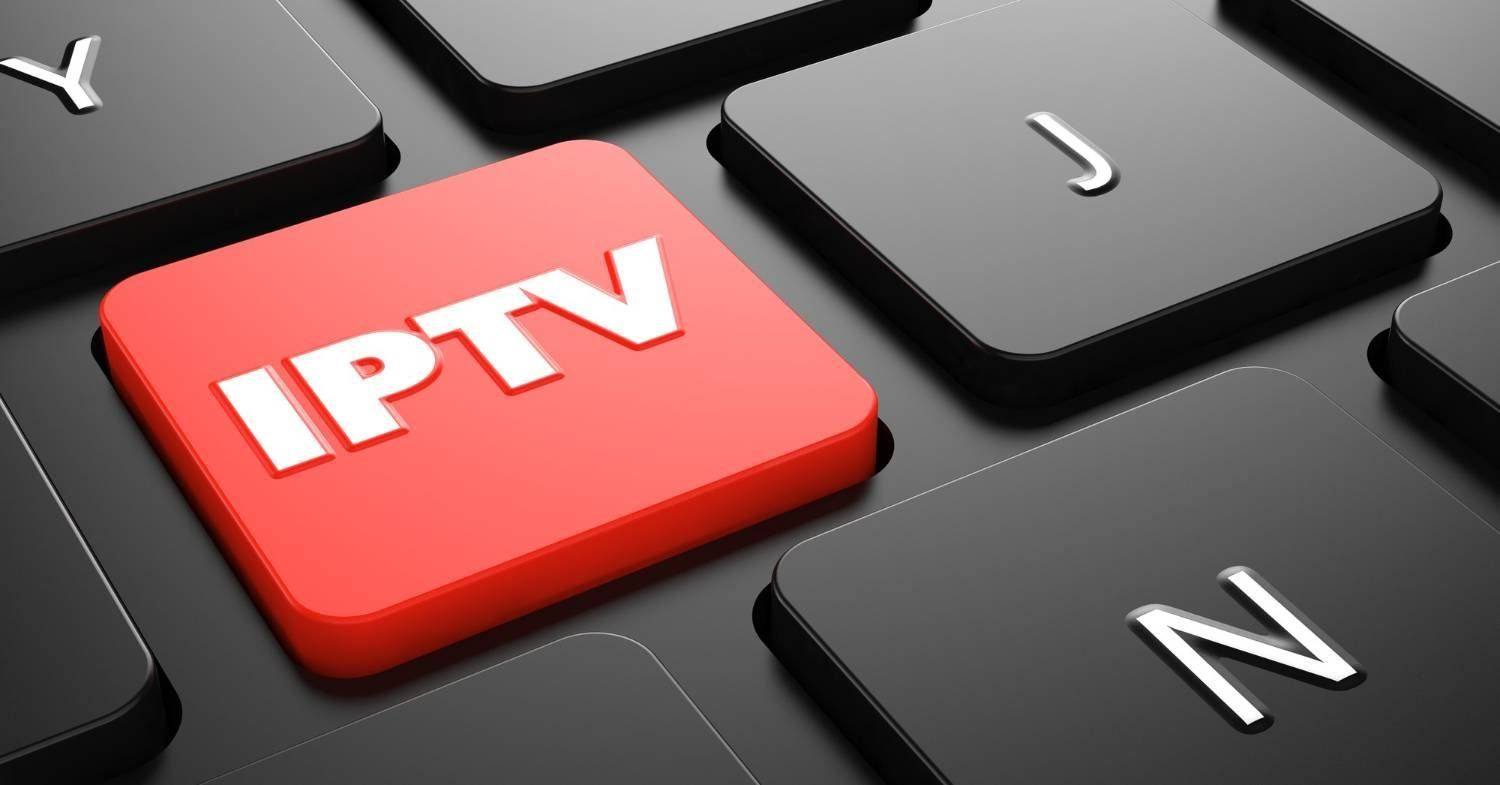
IPTV Set-Top Boxes vs Smart TV: Which One to Choose?
Modern technology has changed the way we watch television. If television used to be limited to standard channels, now with the help of the Internet we have access to a variety of services, applications and content. However, choosing between IPTV boxes and smart TVs can be tricky, especially if you want the best viewing experience. In this article, we will break down the main differences between IPTV boxes and Smart TVs to help you choose the most suitable option for your needs.
What is an IPTV set-top box?
An IPTV set-top box is a device that connects to a TV and provides access to internet television, i.e., IPTV. These boxes are usually connected via HDMI or other ports and work as an intermediary between your TV and internet services. IPTV set-top boxes can support both paid and channel channels, giving the user access to a variety of content, including movies, TV series, news, and sports broadcasts.
The main advantage of IPTV set-top boxes is their independence from the TV. These devices can be connected to any TV with an HDMI port, which allows you to significantly expand the functionality of older TV models that do not support Smart TV functions.
What is a Smart TV?
A Smart TV is a TV that already integrates the functions of the Internet. Smart TVs have built-in apps and operating systems that allow the user to connect to internet resources, streaming services (e.g., Netflix, YouTube, Amazon Prime), and even use the TV to work with other devices on the network (e.g., smartphones, computers). Unlike IPTV set-top boxes, smart TVs don't require an external device to connect to the internet, as all the necessary features are already built into the TV.
Comparison of IPTV set-top boxes and Smart TVs
1. Functionality
- IPTV set-top box: The main purpose is to provide access to IPTV services and content over the Internet. Depending on the model, set-top boxes can support various services, channels and video formats. However, you'll still need to connect your set-top box to your TV and possibly install additional apps to get the full experience.
- Smart TVs: Smart TVs tend to offer more features, including access to popular streaming services, browsers to surf the internet, games, and other multimedia experiences. You can also use voice control if the TV supports this feature.
2. Usability
- IPTV Set-Top Box: Requires a separate device that needs to be connected to the TV. This adds extra complexity to use, as you'll need to control multiple remotes, and sometimes connect the box to your TV via additional ports. However, such devices can be more versatile and can be used with any TVs.
- Smart TV: All features and settings are on one device, making it easier to use. You'll have one remote control to control all your content, including TV, streaming, and apps. However, older TV models may require an additional upgrade or connection to newer services through external devices.
3. Image and sound quality

- IPTV set-top box: The quality of the picture depends on the set-top box itself and the quality of the Internet. In most cases, the image quality can be adjusted depending on the capabilities of the set-top box. However, a weak Internet signal or limited capabilities of the device can reduce the quality of the picture.
- Smart TVs: Usually, smart TVs are equipped with higher-end screens that support new technologies such as 4K, HDR, and Dolby Vision. Unlike IPTV set-top boxes, they can offer better graphics, sound, and support for modern picture standards. Most modern models have built-in high-quality speakers that provide good sound.
4. Service Updates and Support
- IPTV Set-Top Box: Software updates on IPTV set-top boxes may be less frequent than on Smart TVs, and their functionality depends on the device manufacturer. If your set-top box doesn't support new versions of apps or services, it may limit your options.
- Smart TVs: Smart TVs often receive regular software and app updates. Large manufacturers offer regular updates to operating systems and applications, which guarantees the durability of the device.
5. Cost
- IPTV Set-Top Box: The cost of IPTV set-top boxes is usually lower than smart TVs, especially if you only need to upgrade one device and the TV is still in good condition. Set-top boxes can be bought for relatively little money, especially if you only need to connect your TV to the Internet and streaming services.
- Smart TVs: Smart TVs are more expensive as they include not only the TV itself, but also all the necessary technology and functionality to browse the internet. The cost may vary depending on the screen size, image quality, and brand.
What to choose?
The choice between an IPTV box and a Smart TV depends on your preferences, needs, and budget. If you already have an old TV and want to add internet and IPTV features to it, then an IPTV set-top box will be a great choice. It easily connects to your TV and can greatly expand the functionality of your device.
If you are planning to buy a new TV and want it to have all the modern features for streaming content, accessing applications and convenient controls, then a Smart TV will be a more suitable option. It offers more than just IPTV connectivity and integrated functionality, making it a convenient and long-term solution.
Conclusion
Each of these devices has its pros and cons. IPTV set-top boxes are a good solution for those who want to add IPTV features to older TVs or prefer to upgrade only the set-top box without changing the TV itself. Smart TVs are the perfect option for those who want everything in one, with integrated capabilities for video streaming, web browsing, and other modern features. Choose the device that best suits your needs and budget.